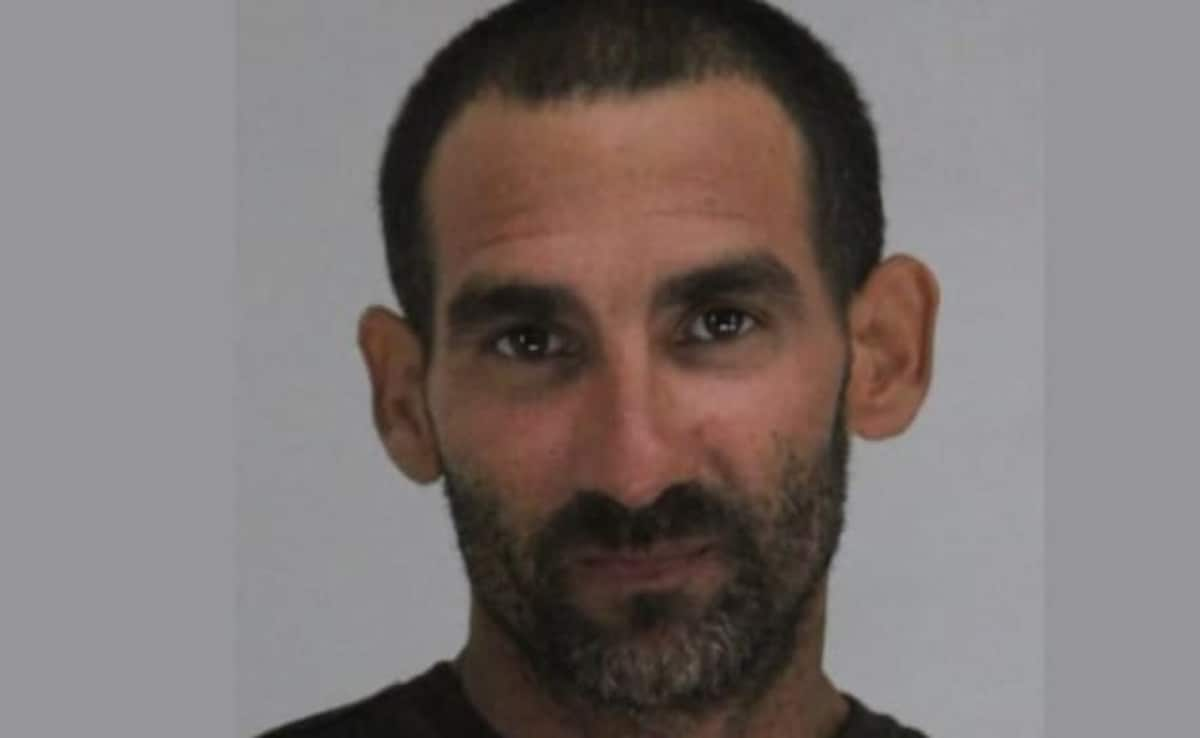Four decades later, feeling their grievances were not being heard, a few of those victims occupied a premiere Madrid art museum, Museo del Prado. If their demands were not met, they said, they would all kill themselves by ingesting pills within hours.
Six protesters were seen on Tuesday standing before Diego Velázquezâs famous âLas Meninasâ painting holding a sign that read: â40 years poisoned and condemned to live as in 1981 due to the abandonment of the government.â
In a public statement, the Seguimos Viviendo or âWe Are Still Aliveâ group members said they were done with âhumiliationâ and âabandonmentâ by the country and government, and that they were sending a âdistress call to the world.â
They said that after six hours peacefully waiting and fasting in the âLas Meninasâ display room, they would begin ingesting pills if their demands werenât met â âBecause what they have been waiting for these years is that we die to end the problem,â the groupâs statement read. They asked for a meeting with the prime minister and money for medical expenses.
The protest began mid-morning, and the protesters âleft on their ownâ after a few hours, the museumâs communications team told The Post. The museum added that it had no advance knowledge of the protest. Reuters reported that the police detained two protesters and others left at around noon. The group did not immediately respond to request for comment.
In 1981, illicitly refined rapeseed oil meant for industrial use was fraudulently sold as olive oil. Ingestion of the oil, which was mostly sold around Madrid, created an abrupt outbreak â killing some 300 people shortly after disease onset. Of around 100,000 people exposed, nearly 20,000 people were found to have clinical disease, many of whom developed chronic conditions, according to a World Health Organizationâs study of the condition, which came to be known as âtoxic oil syndrome.â
Symptoms of the previously unrecorded disease include limb deformation, immune system destruction and lung failure â along with other conditions. Some victims have been permanently crippled.
In the groupâs statement, it says that they chose to protest in the museum because culture has helped many victims endure their daily pain.
In 1989, three judges dismissed murder charges against the oil distributors, causing massive outrage in Spain, the New York Times reported. Twenty-four defendants were fully acquitted, and all 37 accused were found not to have intended to cause death or injury.
Read more:
.png)











 English (United States) ·
English (United States) ·  Turkish (Turkey) ·
Turkish (Turkey) ·